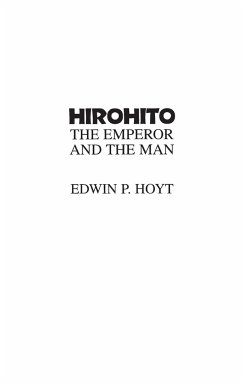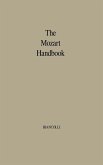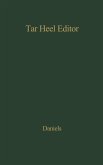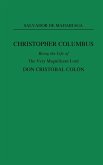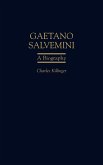Hoyt's biography, taking advantage of recent posthumous revelations of a Japanese foreign service diplomat, portrays Hirohito as a man of peace held captive by his role in Japanese society and government . . . Library Journal A successful new book from a topnotch writer . . . Booklist . . . provocative . . . Kirkus Reviews Was Emperor Hirohito to blame for Japan's expansionist military policies--and its atrocities--in World War II? Was he out to make the world his empire? This most extensive biography of the emperor in English challenges portrayals of Hirohito as either an unworldly scientist or a swashbuckling conspirator who tried to conquer the globe with military might. Using sources uncovered as recently as 1991, Hoyt reveals that the emperor was fundamentally a peace-loving man caught in a turbulent period when the Japanese military gained extraordinary power. He became the virtual prisoner of an Imperial system that prevented him from leading his country into an era of peace and prosperity, his boyhood dream. Hoyt's account, backed by a decade of research, details the emperor's repeated attempts to thwart the Imperial Army's headlong drive toward war. Even when defeat was certain, Hoyt maintains, Hirohito had to outmaneuver the army in order to surrender to Allied forces. Only then, in postwar years, did the emperor see his wishes for his country come true. To help the reader assess the emperor's life, Hoyt begins by examining the years preceding Hirohito's reign. He then focuses on the Manchurian incidents, the struggle for power in Japan, the China war, the global conflict and Japan's role in it, and the country's final capitulation. Critical passages on events preceding and during World War II, supported by the recently released diaries of men close to the emperor, detail the process by which Hirohito increasingly lost power as the army gained control. Turning his attention to the post-war years, Hoyt chronicles Japan's economic growth and the changing role of the emperor in Japanese society. Photographs from Japanese sources enhance the narrative. Hirohito: The Emperor and the Man offers new insight into the motives of a widely misunderstood leader. Hoyt's Hirohito is a quiet man with scholarly leanings; a patriot who loved his country but also admired Western qualities; a monarch who wished to act responsibly at a critical juncture but lacked the authority to do so.
Hinweis: Dieser Artikel kann nur an eine deutsche Lieferadresse ausgeliefert werden.
Hinweis: Dieser Artikel kann nur an eine deutsche Lieferadresse ausgeliefert werden.

